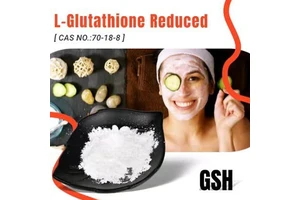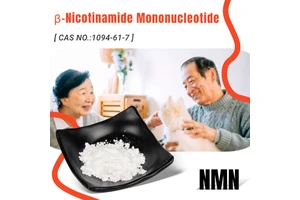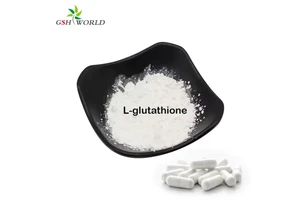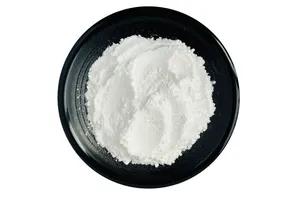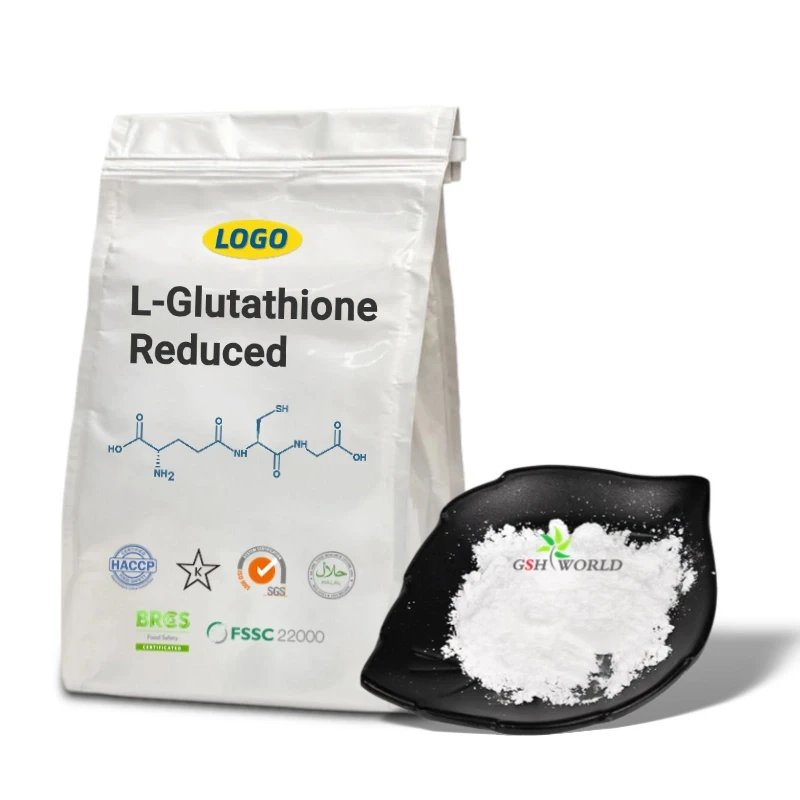Nutrient of the Week - Glutathione
First, understand: What exactly is glutathione?
Glutathione is a "small molecule peptide" composed of three amino acids: glutamic acid, cysteine and glycine. Simply put, it is a "small team of amino acids".
Glutathione is not an external "health supplement", but a substance that our organs such as the liver, kidneys and lungs can synthesize on their own, especially with the highest content in the liver - after all, the liver is the "detoxification factory" of the human body, and glutathione is the core "detoxification assistant" here.
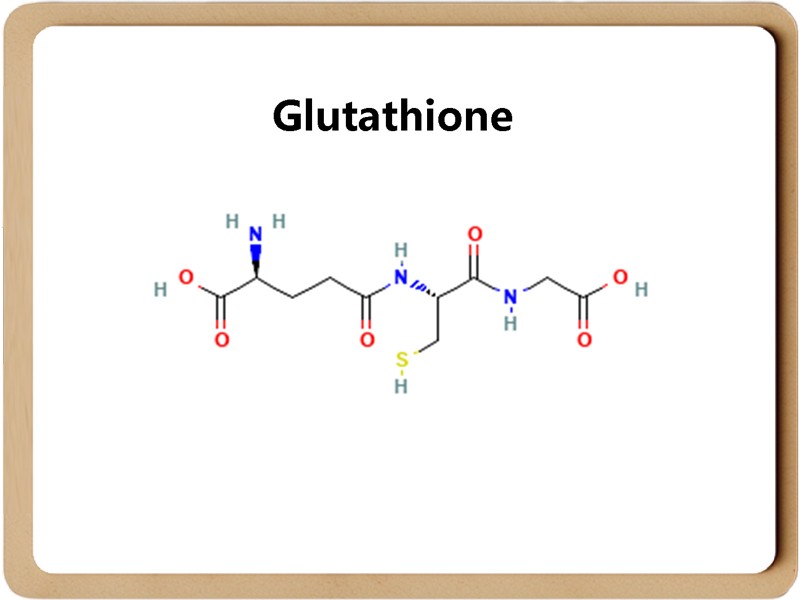
From a scientific perspective, the core value of glutathione lies in its "antioxidant" and "free radical scavenging" capabilities.
Every day when breathing, eating and being exposed to air pollutants, the body produces "free radicals" - an "unstable molecule" that attacks cells, accelerates aging and even increases the risk of disease. Glutathione acts like a "scavenger", neutralizing free radicals and protecting cells from damage.
three core functions of glutathione
1. liver "Good Detoxification helper"
When the liver metabolizes harmful substances such as drugs, alcohol, and heavy metals (like lead and mercury), glutathione can combine with these "toxins" and convert them into harmless substances for excretion from the body.
For instance, people who drink alcohol for a long time will have their livers consume a large amount of glutathione to break down acetaldehyde, a metabolite of alcohol (acetaldehyde directly damages the liver).
If glutathione is insufficient, the liver's detoxification ability will decline, making liver damage more likely to occur.
2. Protect immunity and enhance body "resistance"
The activity of immune cells (such as lymphocytes and macrophages) cannot do without glutathione.
Glutathione can protect immune cells from being damaged by free radicals, making immune cells more "combative" to fight against bacteria and viruses.
Research has found that people with weakened immunity, such as the elderly and postoperative patients, often have lower levels of glutathione in their bodies.
3. Maintain "normal operation" of cells
In addition to its antioxidant properties, glutathione can also help maintain the activity of vitamin C and vitamin E (these two vitamins are also important antioxidants), and is involved in the synthesis of hemoglobin (hemoglobin is responsible for supplying oxygen to the body).
Glutathione is like the "logistical support officer of cells", ensuring the normal operation of various functions of cells.
What factors can cause glutathione to "decrease"?
Although the body can synthesize it on its own, the following situations will accelerate the consumption of glutathione, leading to a decrease in its level:
- Unhealthy living habits: Long-term staying up late, smoking, excessive drinking, and a diet high in sugar and fat can cause the body to produce more free radicals and consume a large amount of glutathione.
- Aging: After the age of 30, the body's ability to synthesize glutathione gradually declines, while its consumption increases. Therefore, the elderly are more prone to deficiency.
- Environmental stress: Long-term exposure to harmful substances such as air pollution, pesticide residues, and heavy metals will increase the liver's detoxification burden and consume glutathione.
- Disease impact: Chronic diseases such as chronic hepatitis, diabetes, and kidney disease can lead to an increase in oxidative stress in the body and an accelerated consumption of glutathione.
How can ordinary people "protect" glutathione?
1. Give priority to supplementing "raw materials" through diet
The body needs cysteine (a key raw material), B vitamins, selenium and other nutrients to synthesize glutathione. It is advisable to consume more of these foods in daily life:
- Foods rich in cysteine: cruciferous vegetables such as asparagus, broccoli and spinach, as well as eggs, lean meat and fish;
- Foods rich in selenium: kelp, nori, mushrooms, and nuts (such as walnuts and almonds);
- Foods that assist in antioxidation: fresh fruits (such as oranges, strawberries, blueberries), beans, and supplements with vitamins C, E, and B vitamins.
2. Avoid "excessive consumption
Quit smoking and limit alcohol intake, maintain a regular schedule (try to go to bed before 11 p.m.), reduce high-sugar and high-fat diets, and take good daily precautions (such as wearing masks on smoggy days and reducing the intake of foods with high pesticide residues) to reduce the consumption of glutathione from the source.


